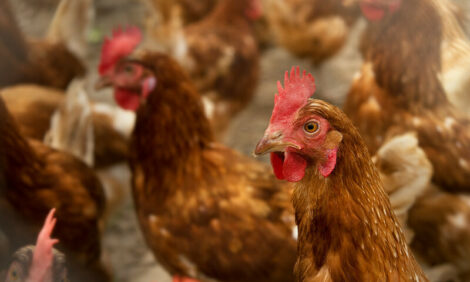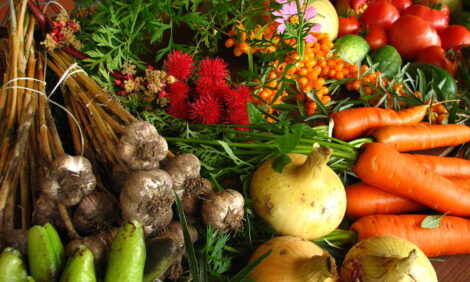



Tough Times Ahead for South African Poultry Sector
SOUTH AFRICA – Higher production costs, chiefly a rise in maize prices, could negate any benefit South Africa’s poultry farms could see from tariffs on EU imports.According to BusinessReport, anti-dumping tariffs ranging between 3.86 per cent and 73.33 per cent on frozen in-bone chicken from Germany, Netherland and UK were published in the media last week.
Higher input costs will challenge producers, the paper explained.
An investigation started in October 2013 following the South Africa Poultry Association’s (SAPA) application for action against illegally dumping exports.
SAPA chief executive, Kevin Lovell, is not convinced that duty levels were appropriate.
He said SAPA had made its application based on public information, while the International Trade
Commission of South Africa (ITAC) decided on the basis of confidential information.
Mr Lovell said: “The principle we are happy about is that they agreed with us that there is a problem.
“The important thing is that they have shared our views that the Europeans were dumping. We are grateful to them that they have done the work they have done.
“We would just hope, of course, that all the foreign importers would import to us at the appropriate price and not the dumped price, and then all of these disagreements between countries would come to an end,” he added.
David Wolpert, the chief executive of the Association of Meat Importers and Exporters of South Africa, said the imposed tariffs would probably not have an immediate effect on the local market because the three countries involved had been blocked from exporting their poultry since the last quarter of 2014 owing to an outbreak of avian influenza.
Mr Wolpert said the margin of tariff increases was also negligible if taken in the context of the scale of production by companies in these countries.
“Of the three countries, only Germany would most likely be affected as its margins were increased by over 30 per cent. They will be the worst affected by a long way,” he said.











